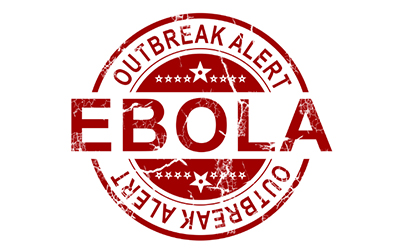
An Introduction to Health in All Policies (HiAP) Implementation

An Introduction to Health in All Policies (HiAP) Implementation
Year: 2024 | Competency/Strategic Skill: Policy Development; Program Planning | Priority Topic: N/A | Setting: Online | Format: On-Demand | Sponsor: Emory University/Central Office
Overview:
This is a recording of a 90-minute webinar held on June 26, 2024.
Health in All Policies (HiAP) is a proven tool that agencies and organizations can use as they work to embed health considerations into decisions, policies, and programs to address the most upstream determinants of health and advance health equity. In this webinar, NACCHO will provide an introduction to HiAP and the resources available, and Franklin County Public Health, OH, will give an overview of how they implemented HiAP in their jurisdiction.
Daan Wind, MPH, is a Program Analyst Public Health Law and Policy at the National Association of County and City Health Officials (NACCHO). He specializes in public health policy and promotes the implementation of Health in All Policies at local health departments around the United States. Daan has a Master of Public Health and previously worked in various health policy roles in his home country of the Netherlands.
Jennie McAdams, MPH, REHS, is the Sustainability Section Supervisor at Franklin County Public Health, a section created in 2019, that includes climate change efforts, lead and healthy homes programs and the solid and infectious waste team. She also serves on NEHAs Climate Change Workgroup as well as various local committees addressing climate change and sustainability. She leads internal and external climate efforts and works to create cross-sector partnerships.
Learning Objectives: By the end of this webinar, participants will be able to:
- Describe Health in All Policies.
- Identify the strategies for implementing Health in All Policies.
- Locate tools and resources for health departments and their partners to implement Health in All Policies.
CERTIFICATE: The course contains two modules: a module to access the webinar and an evaluation module. After accessing both modules, learners will earn a certificate of completion.
This project is supported by the Health Resources and Services Administration (HRSA) of the U.S. Department of Health and Human Services (HHS) under grant number UB6HP31680, Public Health Training Centers for $4,348,992. This information or content and conclusions are those of the author and should not be construed as the official position or policy of, nor should any endorsements be inferred by HRSA, HHS or the U.S. Government.


















